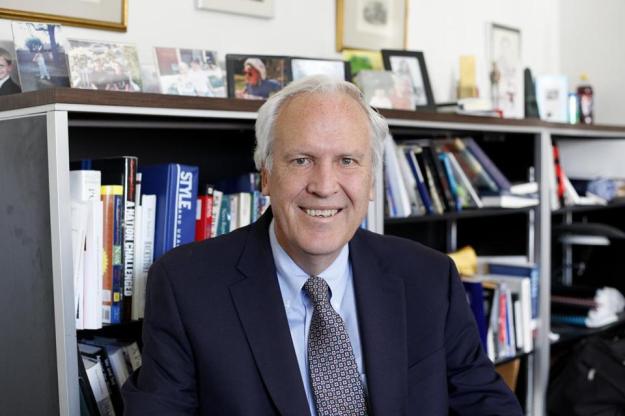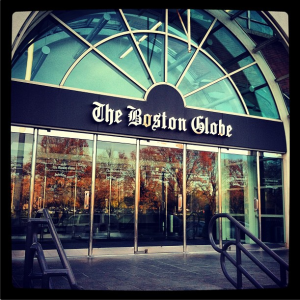
I was thinking of this in light of a conversation we had on Facebook last week. As you read today’s New York Times profile of Steve Bannon, you’ll see that a number of people close to Bannon insist he’s not a racist. Yet there are numerous details about how he’s been willing to exploit and indulge racism in order to accomplish his goals, which is really just another way of being a racist. Then there’s this:
Ms. Jones, the film colleague, said that in their years working together, Mr. Bannon occasionally talked about the genetic superiority of some people and once mused about the desirability of limiting the vote to property owners.
“I said, ‘That would exclude a lot of African-Americans,’” Ms. Jones recalled. “He said, ‘Maybe that’s not such a bad thing.’ I said, ‘But what about Wendy?’” referring to Mr. Bannon’s executive assistant. “He said, ‘She’s different. She’s family.’”
Jones, by the way, is not an unfriendly witness. Elsewhere there is this: “Ms. Jones, Mr. Bannon’s former film collaborator, who describes herself as very liberal, said, ‘Steve’s not a racist.'”
Steve is a racist.
Talk about this post on Facebook.


